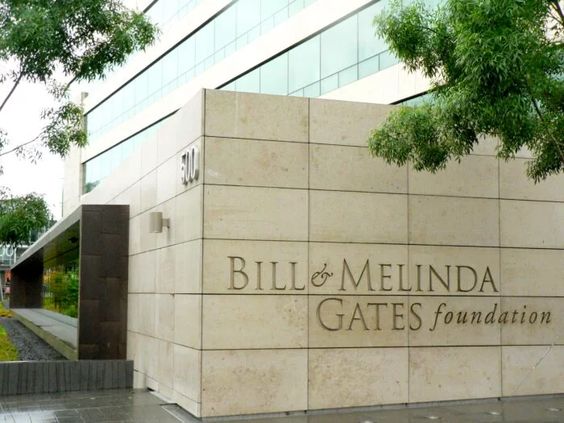Health
50 health and development initiatives are chosen by the Gates Foundation to expand access to AI

About 50 award grantees have been revealed by the Bill and Melinda Gates Foundation who are employing large language models (LLMs) with AI capabilities to provide global health and development solutions for their communities.
Following a resoundingly positive response to its most recent Grand Challenges request for proposals, the foundation announced the announcement in a statement on Wednesday.
Researchers and innovators in low- and middle-income countries (LMICs) were the target audience, according to the call for ideas.
The organisation claims that the ethical and secure application of AI-driven LLM technology has the ability to address some of the most difficult health and development issues in the world.
But it also stated that in order for these models to be helpful in LMICs, researchers in LMICs must get involved in the development, use, and testing of the technology as it quickly advances.
According to the foundation, a strong evidence base would close access and knowledge gaps on how to apply such technologies to solve issues across LMICs in an equitable manner.
It claimed that the Grand Challenges project, a collection of activities, fostered creativity to address urgent issues with global health and development.
According to the announcement, the foundation received over 1,300 applications within two weeks of issuing its request for bids, with more than 80% coming from LMICs.
The foundation’s objective of establishing a global innovation ecosystem in regions where it will have the most impact was in line with the projects chosen from 17 LMICs, according to the report.
For a total of $5 million in grants, it announced that each grantee will get up to $100,000 to develop their research projects.
The results of these projects, it was stated, would be presented at the Grand Challenges Annual Meeting in Dakar, Senegal, in October.
Additionally, Ms. Juliana Rotich, co-founder of the iHub in Nairobi, stated that “too frequently, technological advancements deliver uneven benefits in many parts of the world due to existing patterns of discrimination, inequality, and bias.”
“AI is no different; most of the technologies are created in the Global North using data from underdeveloped nations that is frequently insufficient or erroneous.
“AI must be responsibly and ethically created, keeping the demands of the end user in mind, in order to attain its full potential. Locally inspired solutions have the potential to transform,” she remarked.
Rotich would be a member of the foundation’s new committee for advice on AI ethics and safety.
Local entrepreneurs are using the seismic potential of AI and LLMs in ways that might be paradigm-shifting for their communities and beyond, according to Zameer Brey, interim Deputy-Director for Technology Diffusion at the Gates Foundation.
According to Brey, the most significant technological developments are those that start and conclude with the people who will be most impacted.
Kedest Tesfagiorgis, Deputy Director, Global Partnerships and Grand Challenges, Gates Foundation, also stated that for 20 years, the foundation has sought for and nurtured innovation to address the most difficult problems in the world.
We think that collaborating among innovators from as many fields and nations as possible is essential to expedite progress in health and development, she added.
Tesfagiorgis stated that the foundation was keen to continue working with and learning from partners around the globe to guarantee that the advantages of AI are pertinent, inexpensive, and accessible to everyone, especially in LMIC areas, in a way that maintains safety, ethics, and equity.
The treatment of high-risk pregnancies is one of the tasks, according to OBASANJO NEWS24, that LLMs can assist with. In India, one woman dies in childbirth every 20 minutes.
Through a voice-to-text interface, a project in Nigeria aims to provide crucial financial guidance to rural women farmers and business owners.
In addition to supporting a global innovation ecosystem where it will have the biggest impact, Grand Challenges partners have given out over 3,600 grants to a diverse group of issue solvers in more than 100 countries.
